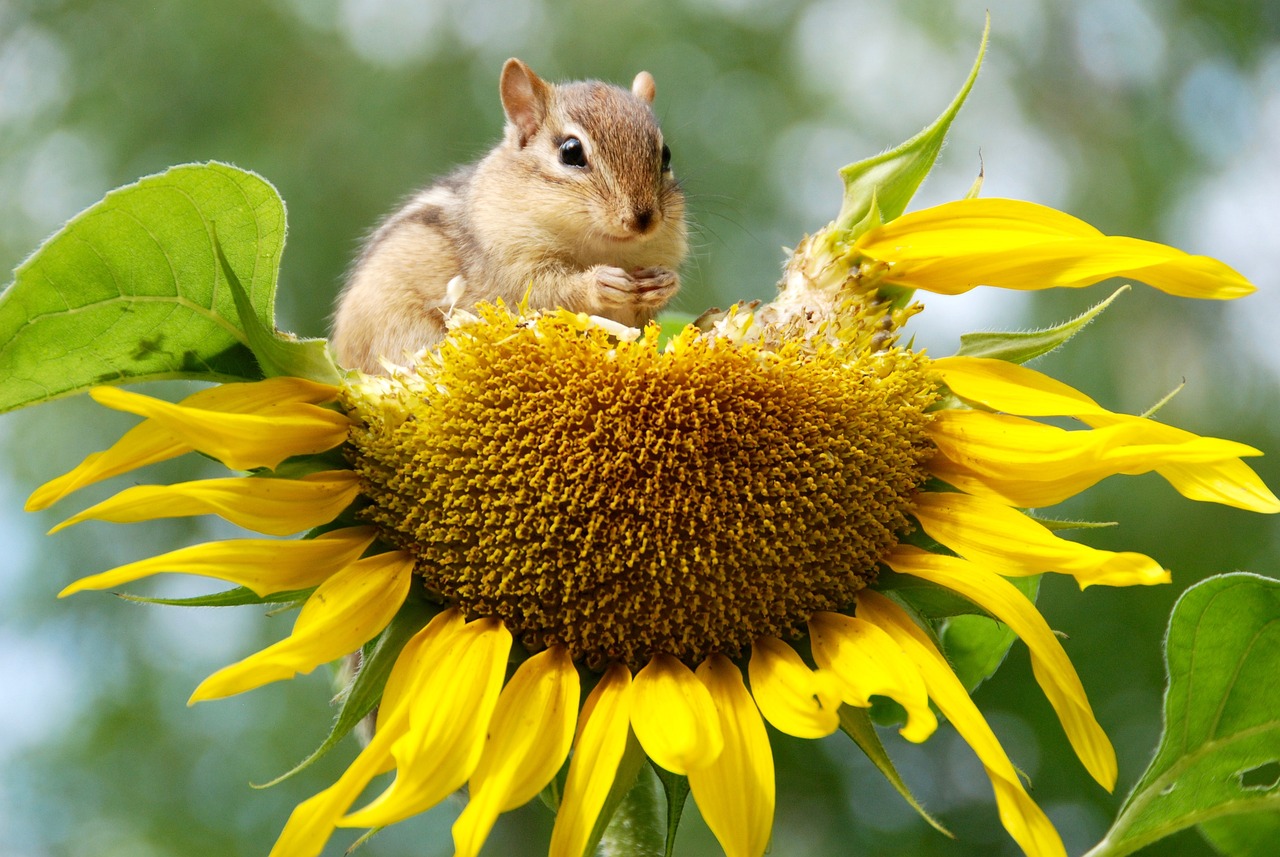Judith Peck, Ed.D.
Chipmunks are cute and adorable. Mice are deplorable, not cute at all, but why the stark difference? Both are rodents— run as fast, eat, and intuit similarly, even look a bit alike, except for one thing: one is pretty and the other is not. Chipmunks have colorful stripes and a cute nose and puffy cheeks. They both keep their distance, though mouse hides, sort of knowing he’s not a pretty thing to you, and certainly not wanted, while chipmunks runs and darts around like it’s you who are on his turf and not the other way around. Chipmunk does things that amuse you, like stand on his hind legs and munch on a nut, spilling the shells from his adorable cheeks. He’s earned that nut, scavenging for it, and eating it is his just reward. The only time you see mouse is the split second he appears across the floor to scare the wits out of you or sprawled out in a trap. He’s stealing whatever he finds in that kitchen, even though you yourself have tossed it or left it out. Both seem forever hungry, but chipmunk is a winner whatever he does; mouse is a looser.
What a difference between chipmunk and mouse and what’s the winning lesson? Well, it’s better to be pretty. Statistics have shown that – in politics, education, love, money – success. And it helps to be colorful and cute and have a few appealing tricks. All that works for the outside looking in, but how much are you really able to use from achievements that accrue from that vantage point to meet a personal success mark? Achievements you’re not sure you even want? Being exceptionally pretty – beautiful – has its downsides: you may begin to depend upon it to the exclusion of efforts that might make you happier; and, of course, time and travail will take its toll. The productive perspective is from the inside looking out, if we have the courage to separate the two. There, we are the undisputed expert.
Sometimes we feel ourselves to be the chipmunk, spunky and adorable and charming, a little flirtatious, gripping attention, holding court. But more often, the little mouse appears: scurrying about with nobody noticing except when we get in the way or do the wrong thing. Then we feel unremarkable at best and unlikable at worst.
Hunger motivates our actions either way, just as it does chipmunk and mouse. We’ve learned how to satisfy these motivators and adapted the means to our needs. But we’ve got something neither of those guys has, a real game-changer when it comes to that self-perception, and that’s attitude. How we feel.
Best it is to feel like a chipmunk. We should because we are adorable to some if not all. We know this by the way such admiration is expressed in words or actions or sometimes never expressed, merely intuited. Best it is to keep our mouse in perspective: were it to look at itself and have the benefit of reflection, it would perceive a lovely creature, doing as prescribed, true to its nature and rather inventive in its efforts. Best it is to be yourself, savoring the kinship of your burrow and venturing out to the many fields beyond, alone or in company with the selected folks who accept you as adorable.
